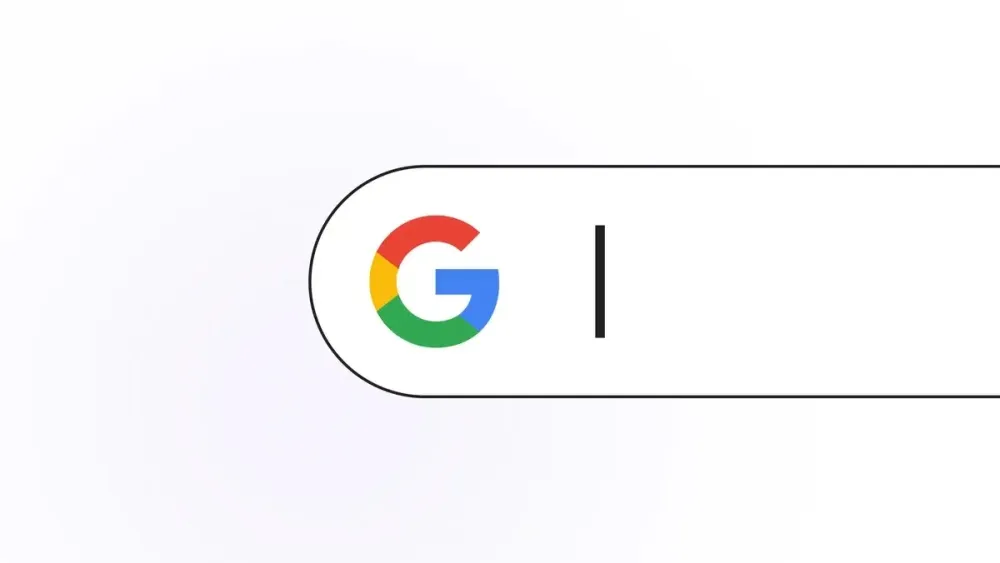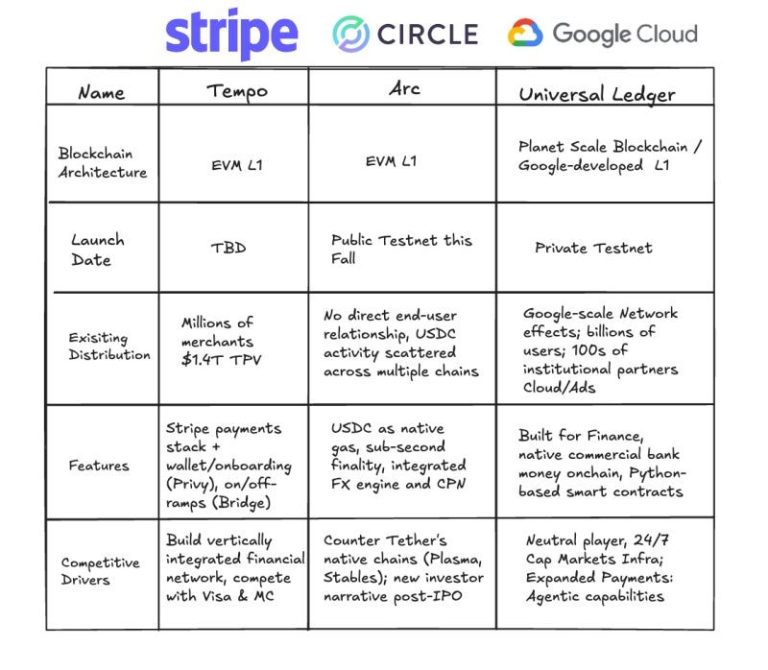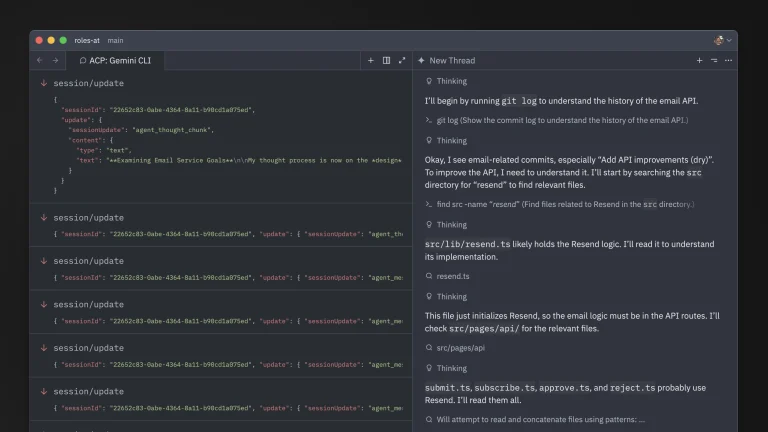
A U.S. federal court has taken a significant step in the antitrust case against Google. Judge Amit P. Mehta of the District Court for the District of Columbia ruled that the company will not be forced to divest its search business, but it must overhaul a range of practices deemed anticompetitive. Specifically, Google is now prohibited from entering into or maintaining exclusive agreements that tie the distribution of Search, Chrome, Google Assistant, or Gemini to other applications or financial arrangements. For example, Google will no longer be allowed to condition Play Store licensing on the mandatory installation of certain apps, nor link revenue-sharing payments to the preservation of specific services.
The court also ordered Google to share part of its search index and user interaction data with so-called “qualified competitors,” in order to prevent rivals from being squeezed out of the market. In addition, Google must provide search and search advertising services to third parties at standard rates, enabling them to develop their own technologies and deliver quality results to users. A final ruling has not yet been issued: Google and the Department of Justice must submit a jointly agreed draft by September 10, reflecting the court’s position. The measures, once approved, are to last for six years and take effect sixty days after adoption, with a technical committee established to oversee compliance.
These measures stem from Judge Mehta’s decision a year ago, in which he found Google guilty of unlawfully maintaining a monopoly in the search market. The DOJ, which launched the case in 2020, had sought far harsher remedies, including the separation of Chrome and possibly Android, as well as the termination of multibillion-dollar default search contracts with Apple, Samsung, and others. In 2021 alone, Apple received approximately $18 billion from Google for setting its search engine as the default option; total payouts exceeded $26 billion. By 2022, Apple’s share rose to over $20 billion, with the company collecting 36% of search ad revenue in Safari. Following news that the arrangement would remain intact, Apple’s stock rose in after-hours trading.
During the proceedings, Judge Mehta highlighted that the vast majority of users never change their default settings, making such positions “extraordinarily valuable real estate” that locks out competitors and prevents them from gaining market traction. The DOJ had even proposed requiring Google to share not only its index and user data but also synthetic queries, ad statistics, and, in some iterations, source code and ranking algorithms—effectively transferring the company’s intellectual property. Google objected, arguing that such measures would stifle innovation, endanger user privacy, and undermine investment in R&D. CEO Sundar Pichai, in an April hearing, described the mandated data-sharing as “a de facto breakup of the search business.”
Mehta indicated that he looked to the European Digital Markets Act as a reference point, which obliges Google to share portions of click and search data with third parties. However, the U.S. ruling is narrower and time-limited, unlike Europe’s permanent obligations, and considerably lighter than the DOJ’s original proposals. Experts note that the debate reflects a broader tension over which regulatory approach is more effective—strict codified rules or flexible, case-based judgments. They also emphasize that the legal battle with Google is far from over: appeals are expected, with the possibility of Supreme Court review extending proceedings well into 2027–2028.
Meanwhile, Google faces another major trial concerning its advertising technologies. In April 2025, Judge Leonie Brinkema found the company guilty of illegally monopolizing AdTech markets. A new hearing on remedies is scheduled for late September and will focus on additional DOJ demands, including the potential separation of ad businesses and restrictions on Google’s advertising services.






